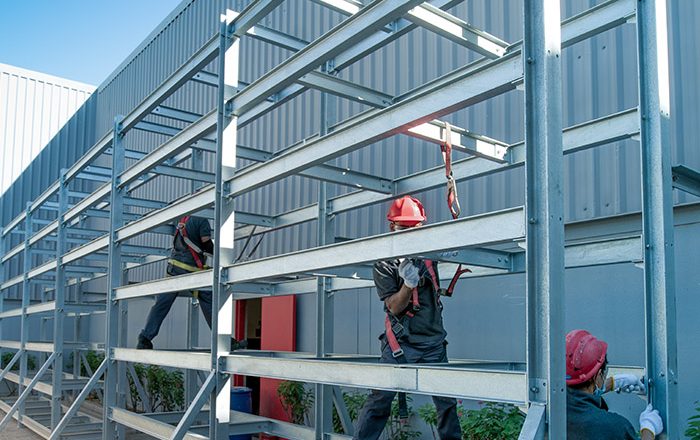How To Estimate Costs For Steel Fabrication Services
Estimating costs for steel fabrication services help managing project budgets, ensuring cost-efficiency, and avoiding unexpected expenses. Steel fabrication involves cutting, shaping, and assembling steel components for a wide range of industries, including construction, automotive, and manufacturing. Given the complexity of steel fabrication, several factors influence the overall cost. Understanding these elements can help businesses create accurate estimates and secure the best services for their projects. Here’s a breakdown of the key considerations when estimating costs for fabrication services or steel fabricators in Dubai.
Material costs:
The first and most significant factor in estimating the cost of steel fabrication is the material itself. The price of steel varies based on market fluctuations, the type of steel needed, and its grade. For example, stainless steel generally costs more than carbon steel due to its higher durability and resistance to corrosion. Other factors such as the thickness and quantity of steel required for the project also affect the cost. When estimating, it’s essential to consider the current market price and also fluctuations, as steel prices can change rapidly due to demand and supply factors.
Fabrication complexity:
The complexity of the design plays a major role in determining the cost. Projects that require intricate shapes, tight tolerances, or custom designs will generally be more expensive due to the additional time, labor, and technology involved. Simple, standard designs will usually be more cost-effective. Additionally, the specific type of fabrication process—whether cutting, welding, bending, or assembling—will also affect pricing. For example, laser cutting might cost more than traditional methods but can provide higher precision.
Labor costs:
Labor is another key factor in steel fabrication estimates. Skilled workers, such as welders and machinists, are required to carry out the fabrication process, and their experience level can impact the cost. Highly specialized work or custom projects may require more time and expertise, which increases labor costs. Additionally, the time taken to complete the project—measured in hours or days—affects labor costs, with more complex or larger-scale projects taking longer and thus costing more.
Equipment and technology:
The tools and machinery used for steel fabrication also influence the overall cost. Modern technologies like CNC (Computer Numerical Control) machines, laser cutters, or robotic welders provide high precision but come with added costs due to their maintenance and operation. Fabrication companies with advanced machinery might charge more for their services but offer superior results and faster turnaround times.
